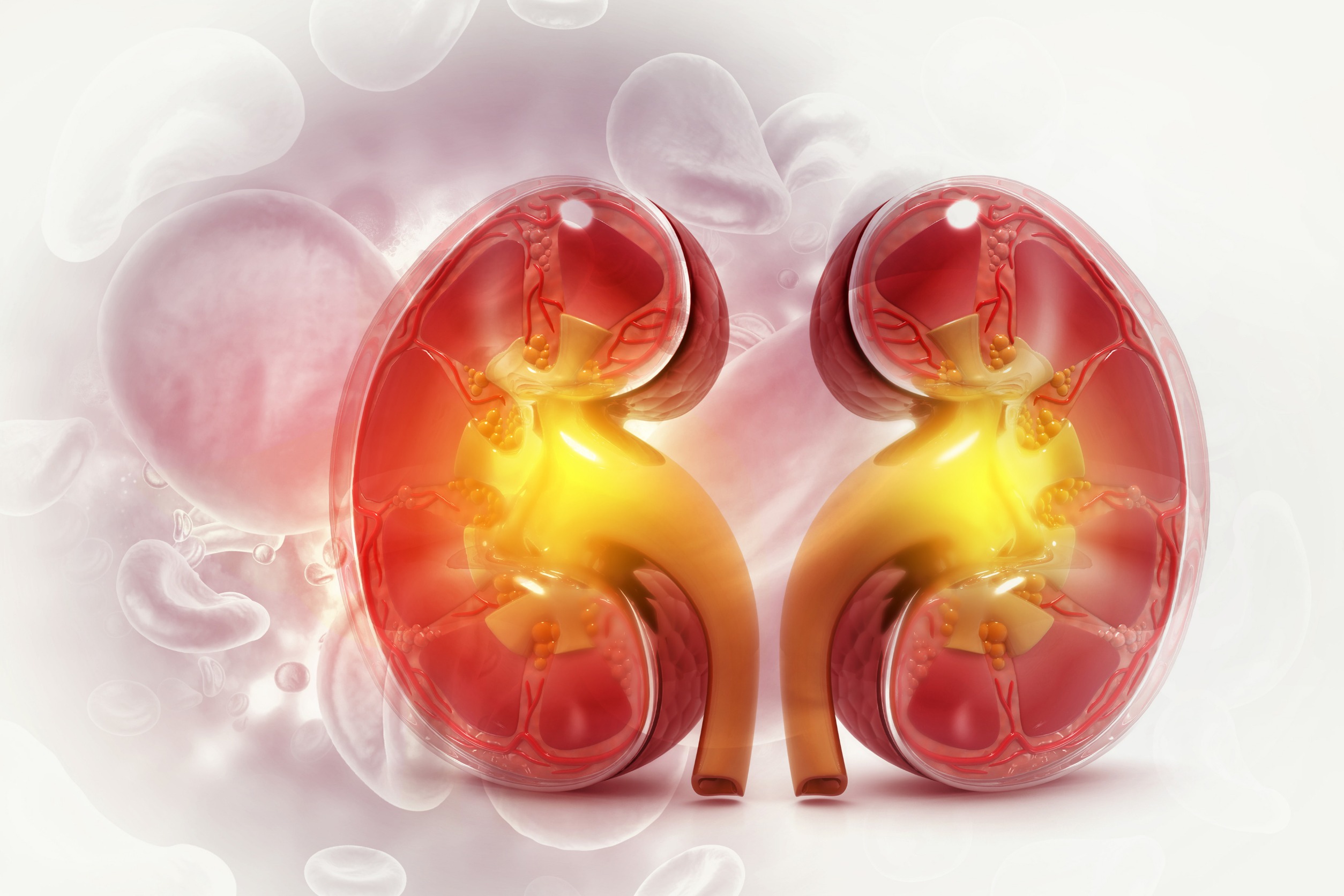
The Importance of Kidney Health
Kidney disease is one of the leading causes of death in the United States, affecting about 37 million Americans. While not all kidney conditions are entirely preventable, there are lifestyle changes people can make to ensure their kidney stays healthy. March is National Kidney Month, making it an ideal time to learn about the kidneys and the steps you can take to keep them working at their maximum capacity.
What is the role of the kidneys?
The kidneys are two bean-shaped organs on either side of the spine behind the rib cage. Kidneys make up the urinary tract along with the ureters and bladder. The purpose of the kidneys is to filter blood by removing waste and extra fluids to make urine.
Without the kidneys, the body wouldn’t maintain a healthy balance of water and minerals, which causes nerves, muscles, and other tissues not to work correctly. Kidneys also produce a hormone that helps regulate blood pressure, make red blood cells, and maintain strong bones.
What are common kidney concerns?
Many people experience kidney-related complications. The three most common kidney concerns are chronic kidney disease, kidney failure, and kidney stones.
- Chronic kidney disease is when the kidneys don’t filter blood as well as they should, causing excess waste and fluids to remain in the blood. It’s most common in people with diabetes, high blood pressure, or heart disease and often has no signs or symptoms in the early stages. As the disease progresses, individuals may experience blood in the urine. If left untreated, chronic kidney disease can lead to anemia, increased infections, loss of appetite, or depression.
- Kidney failure is when 85 to 90 percent of the kidney function is gone and unable to keep you alive. Kidney disease may develop into kidney failure. It may also develop because of high blood pressure, diabetes, or physical injury to the kidney. Symptoms may include poor appetite, weakness, itching, weight loss, muscle cramps, swelling of the feet or ankles, or anemia.
- Kidney stones are when chemicals in the urine accumulate, creating a hard substance. Symptoms of a kidney stone include pain in the lower back, bloody urine, nausea, vomiting, fever, and chills.
How do I keep my kidneys healthy?
The best way to keep your kidneys healthy is to reduce your risk of kidney complication factors, such as diabetes or high blood pressure. Keeping your kidneys healthy is primarily about maintaining a healthy lifestyle.
- Adopt a heart-healthy diet. Foods that improve heart health are suitable for your entire body. Eat more whole grains, fresh produce, and low-fat dairy products. You can also limit your processed foods.
- Incorporate physical activity into your daily routine. It can be challenging to exercise daily, especially as you age, but try to do something active for at least 30 minutes daily, whether going for a walk, practicing yoga, or riding a bike.
- Don’t smoke. Smoking is an addictive habit, so don’t hesitate to talk with your doctor if you need help quitting. Tobacco contributes to ongoing health concerns, including kidney disease and failure.
- Talk to your doctor about managing pre-existing conditions. Kidney disease and failure are most common in adults with diabetes, high blood pressure, and heart disease. If you have any of these conditions, ensure you’re working with your doctor to keep them under control.
How can Visiting Angels help?
If you’re an older adult with kidney disease or another kidney condition that makes it difficult to care for yourself at home, the team at Visiting Angels is happy to help. Our Horsham office serves those in Horsham, Hatboro, Willow Grove, Ambler, Lower Gwynedd, Spring House, and the surrounding areas. To learn more about our services or schedule a complimentary consultation, message us or call 215-999-3439.
